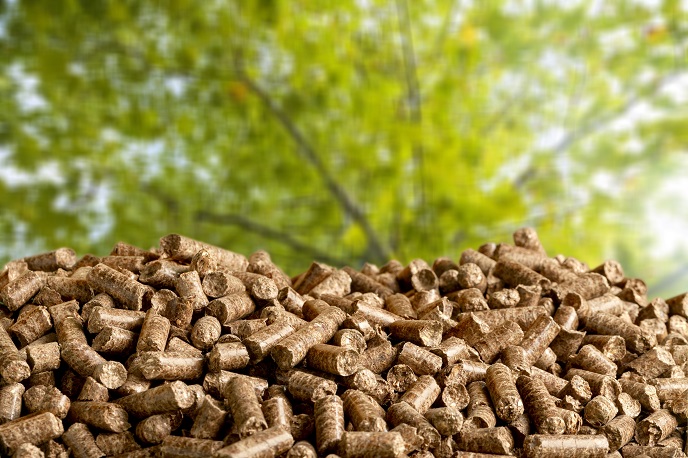Ultrasound makes wood waste biorefineries more efficient
A biorefinery is a facility that produces fuel, heat and value added chemicals from biomass. A lignocellulosic biorefinery, which processes surplus and waste biomass, is a concept that is gaining ground in the EU to increase the value obtained from wood waste. Wood waste includes unwanted limbs (branches), sawn-wood off-cuts, chippings and sawdust. The ideal lignocellulosic biorefinery is able to cleanly separate three components from plant material – cellulose, hemicellulose and lignin – without degrading them. These components have numerous industrial applications such as paper, textiles, building materials, pharmaceuticals, food and drink, fuels and lubricants (cellulose and hemicellulose sugars), and as an energy source, process binders, dispersants, emulsifiers and sequestrants, and platform for high value chemicals (lignin). However, lack of technology for effectively processing these materials has been cited as a major barrier in commercialising wood waste refineries. The EU-funded BIOSONIC (Novel mobile sonification process for local valorisation of lignocellulosic (forest) materials to produce valuable chemicals) initiative developed a new technology for refining wood waste at low temperatures and pressures. The method harnesses ultrasound to enhance efficiency, and is an option for replacing the current harsh processing methods for plant material. To do this, the researchers investigated combinations of variables in the biorefinery process, including pretreatment conditions and agents, flow rate and pressure. They also modelled the processes and tested their techniques in a laboratory. BIOSONIC researchers developed a pilot plant that allows for processing of wood waste at speeds much faster than previously possible. This new separation plant will be able to process biomass on location and produce green-sourced chemicals of much higher value than the feedstock. The BIOSONIC separation process is cost effective at a small enough scale to allow localised processing to take place. Due to its modular nature, it will also be easy to scale up for use in industrial settings. The technology will benefit forestry operators by allowing them to process low-value production waste. This biomass would otherwise be discarded or, at best, burnt as fuel.







